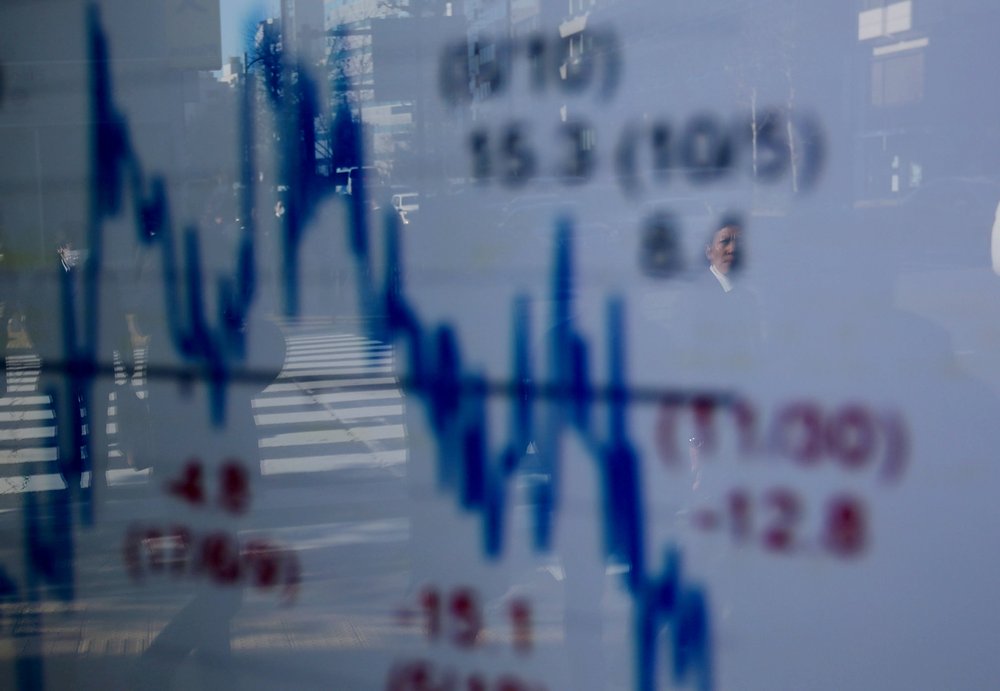SYDNEY, June 12 — Asian share markets got off to a cautious start today as the White House took a tough line on a trade deal with China, just as investors were bracing for the latest batch of economic data from the Asian giant.
Figures on consumer and producer prices are expected to confirm inflation remains subdued and no bar to further stimulus. Shanghai markets had rallied yesterday on news Beijing would allow local governments to use cash from special bonds to fund investment projects.
Early today, MSCI's broadest index of Asia-Pacific shares outside Japan was up a slim 0.1 per cent, having climbed 1 per cent the day before.
Japan's Nikkei dithered either side of flat, while Australian shares added 0.3 per cent. E-Mini futures for the S&P 500 were little changed after a flat finish on Wall Street.
President Donald Trump said yesterday he was holding up a trade deal with China and had no interest in moving ahead unless Beijing agrees to four or five "major points" which he did not specify.
He also took aim at the Federal Reserve, saying interest rates were "way too high" and the central bank had "no clue."
Fed policymakers will meet on June 18-19 against the backdrop of rising trade tensions, slowing US growth and a sharp step-down in hiring in May that have led markets to price in at least two rate cuts by the end of 2019.
Futures imply around an 80 per cent chance of an easing as soon as July.
That might change depending on what US consumer price data show later in the session. Headline inflation is seen slowing a touch to 1.9 per cent, with core steady at 2.1 per cent.
All the uncertainty around trade saw Wall Street break a six-day winning streak to end flat yesterday. The Dow eased a tiny 0.05 per cent, while the S&P 500 lost 0.03 per cent and the Nasdaq 0.01 per cent.
Talk down
Trump also put currency markets on edge by tweeting that the euro and other currencies were “devalued” against the US dollar, putting the United States at a “big disadvantage.”
That was enough to give the euro a lift to US$1.1327, just short of the recent three-month top of US$1.1347. The dollar eased back a touch on the yen to 108.44 and stalled on a basket of currencies at 96.708.
“It is one thing talking down a USD that has an upward bias, it is another pushing on a currency market where the door is slowly opening toward USD weakness,” said Alan Ruskin, global head of G10 FX strategy at Deutsche Bank.
“The President's tweets on the USD have the potential to have much more lasting impact in the coming election year,” he cautioned. “Global conditions are nicely set for what has colourfully been described as a 'currency war' or a currency race to 'the bottom'.”
In commodity markets, all the chatter of rate cuts globally kept gold near 14-month highs at US$1,326.75 (RM5,517.91) per ounce.
Oil prices eased as concerns about a global economic slowdown offset wagers that Opec and its allies will extend their supply curbs.
Brent crude futures fell 64 cents to US$61.65, while US crude lost 57 cents to US$52.70 a barrel. — Reuters






















